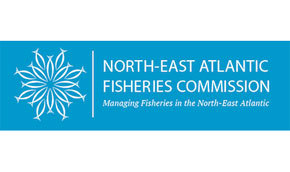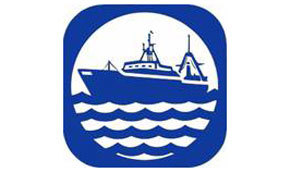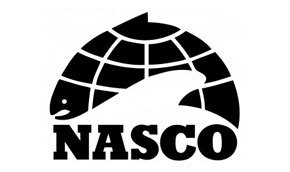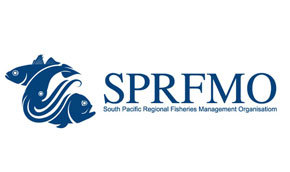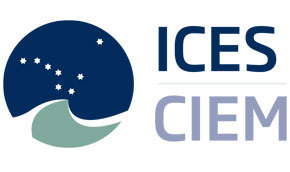International Cooperation
The Faroe Islands are a small island nation with a big stake in ensuring the sustainable use of marine resources. Safeguarding the marine environment and using its resources in a sustainable manner is a major responsibility which the Faroese share with both our North Atlantic neighbours and with the rest of the international community.
In addition to fishing in the Faroese zone, Faroese fishermen have a long tradition of fishing in foreign and international waters and have contributed to the development of many fisheries across the North Atlantic over the years. This also means that the Faroe Islands have long taken an active part in international cooperation on fisheries conservation and management.
The Faroe Islands have bilateral fisheries agreements with neighboring countries in the North Atlantic region – the European Union, Iceland, Norway, Russia and Greenland. These involve the exchange of fishing opportunities which give foreign vessels quotas and access to the Faroese zone in exchange for equal fishing opportunities for Faroese vessels in their zones. These agreements provide the Faroese industry with the scope and flexibility to pursue a variety of fisheries in the best seasons.
Fisheries in the international waters of the North Atlantic are regulated through the relevant regional fisheries management organisations – NEAFC and NAFO - in which the Faroe Islands participate jointly with Greenland.
The Faroe Islands are also members of NASCO, the North Atlantic Salmon Conservation Organization, and and SPRFMO, the South Pacific Regional Fisheries Managmeent Organisation.
Faroese fisheries scientists also participate in ICES – the International Council for the Exploration of the Sea, contributing to international scientific assessments of shared fish stocks of importance for Faroese fisheries. ICES is an independent scientific advisory organization whose main objective is to increase the scientific knowledge of the marine environment and its living resources and to use this knowledge to provide unbiased, non-political advice to competent authorities.
Cooperation on shared and straddling fish stocks
A number of fish stocks of great importance for the Faroese fishing fleet can be fished both in the Faroese fisheries zone and in the zones of other countries and international waters. Managing and conserving these fish stocks is therefore a shared responsibility, requiring close international cooperation between all relevant nations in the region.
Of particular importance for the Faroese fleet are the large pelagic stocks of Atlanto-Scandian herring, blue whiting and mackerel in the Northeast Atlantic, as well as capelin. Redfish fisheries in the Irminger and Norwegian Seas are also important.
The large and economically important stocks of Atlanto-Scandian herring, mackerel and blue whiting are managed through international arrangements which provide the Faroes as a coastal state with an agreed share of the Total Allowable Catch. The proportion of shares between the relevant coastal states is based on factors including fishing history, the extent to which the stocks occur and can be fished commercially in national waters, the level of dependency on fisheries, as well as contribution to scientific research on the stock. Faroese national shares are allocated to vessels in the form of quotas in accordance with these agreements.
Associated agreements between different countries provide agreed levels of access so that these stocks can be fished in other zones. Zonal and seasonal flexibility ensures the optimal and responsible utilisation of resources, in both biological and economic terms.
Fishing for these stocks in international waters is regulated through measures adopted in the Northeast Atlantic Fisheries Commission (NEAFC), based on the management arrangements agreed between the coastal states.
FAO – The Faroe Islands as Associate Member
In November 2007 the Faroe Islands were formally admitted as Associate Member of the UN Food and Agriculture Organization, FAO. As an FAO Associate Member, the Faroe Islands focus in particular on contributing actively to the work of the FAO Committee on Fisheries (COFI) and follow up initiatives to the implementation of the Code of Conduct on Responsible Fishing, responsible fish trade and sustainable aquaculture. Through FAO the Faroe Islands also aim to enhance contacts and cooperation with both developed and developing fisheries nations around the world.

